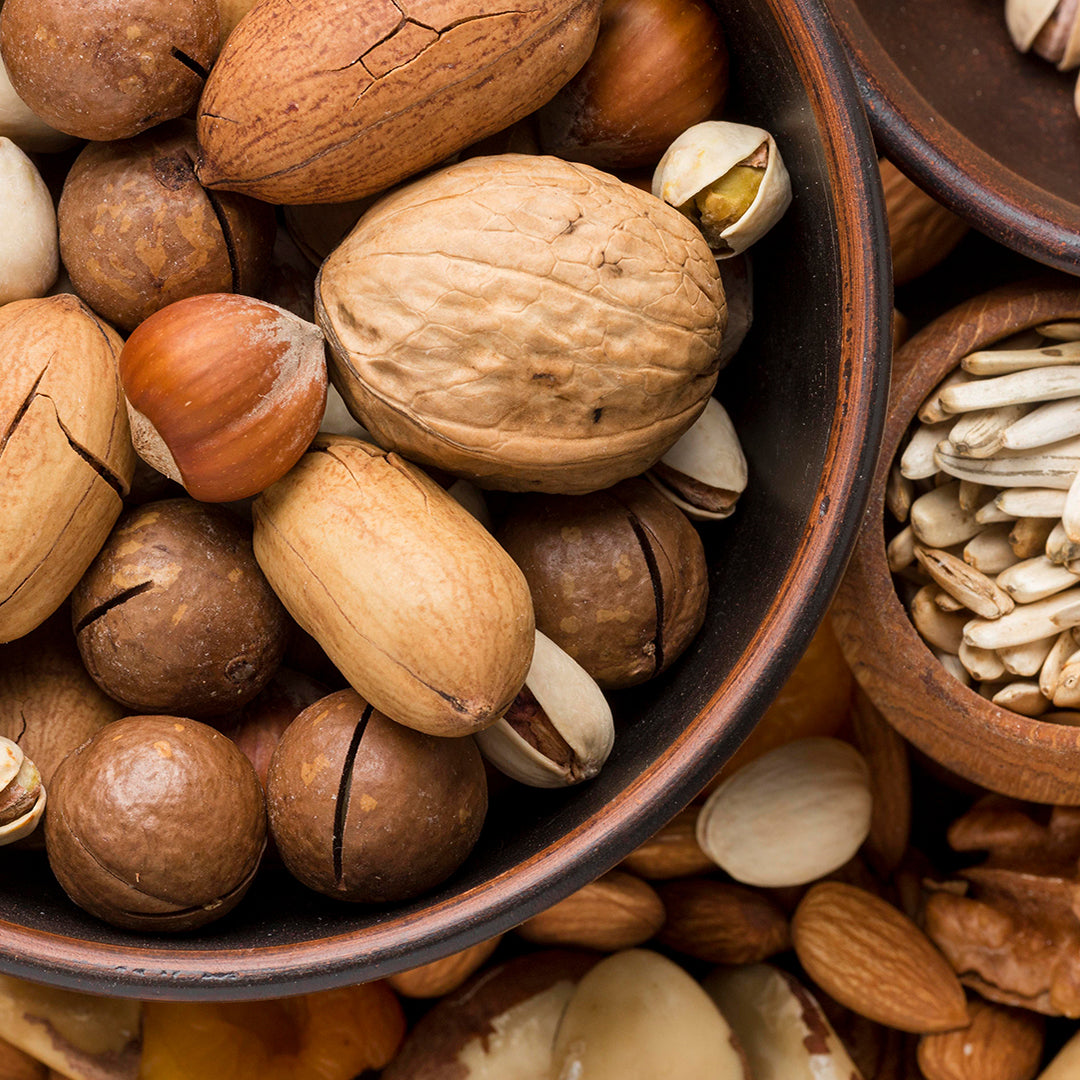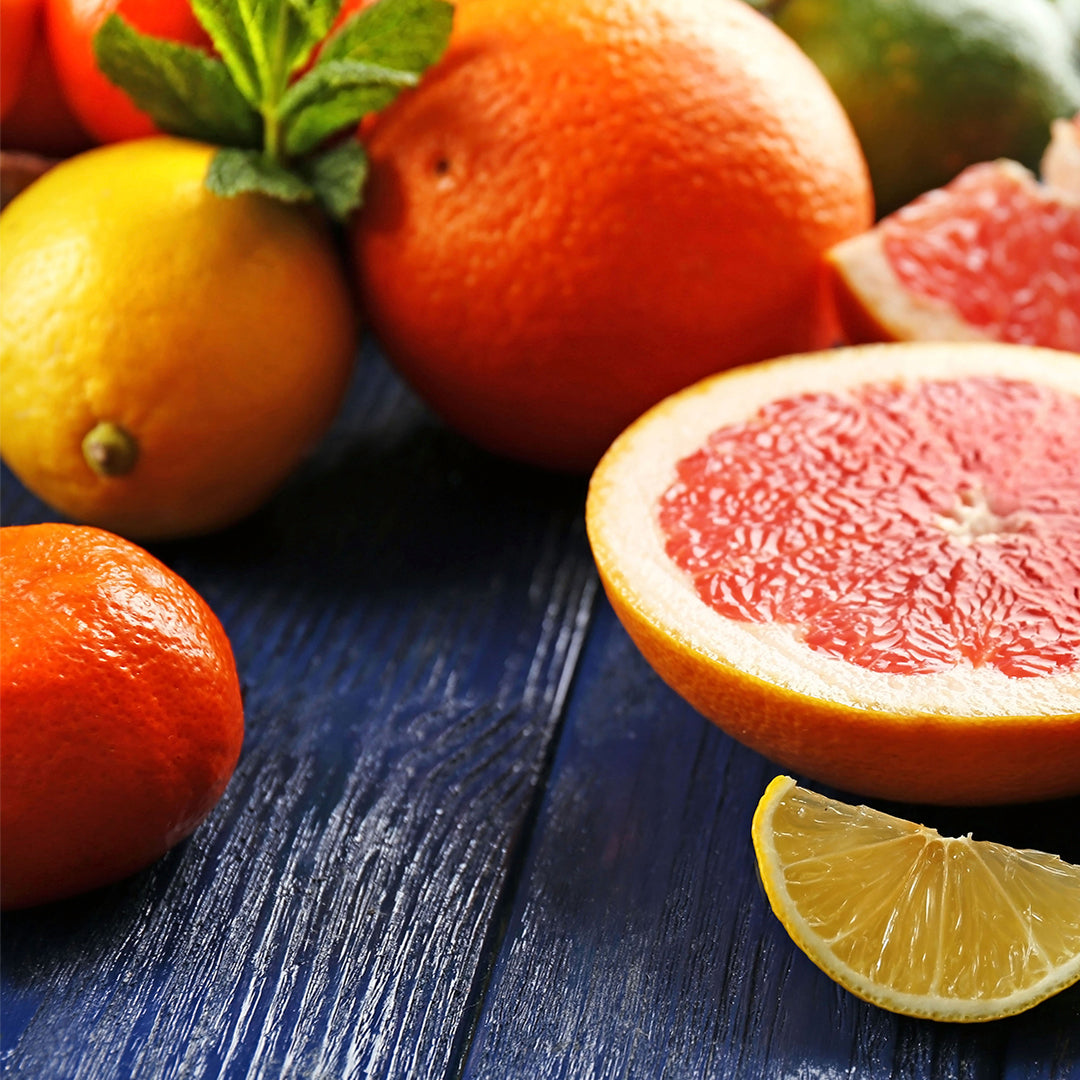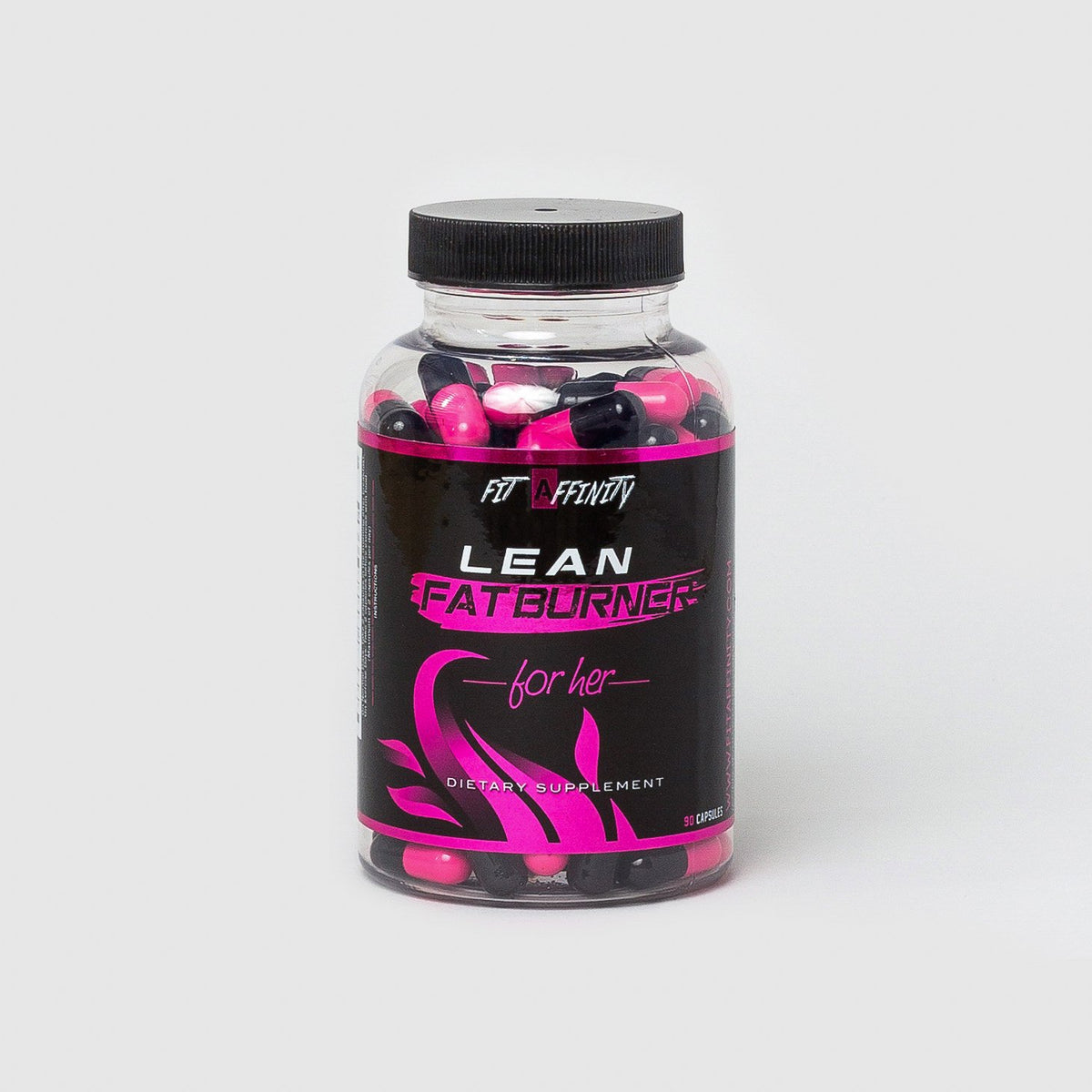Apples are a good source of vitamin C and fiber, while being low in calories (one average-sized
apple has about 80 calories). They also contain large amounts of phytochemicals
called flavonoids and phenolic acids that work as antioxidants to protect the cells in your body
from free-radical damage.
People who eat apples every day may be at a lower risk for developing certain types of cancer.
The flavonoids in apples have been shown to slow the growth of cancerous cells in laboratory
studies, and they may help to prevent heart disease by lowering cholesterol and keeping your
blood vessels healthy.
Apples are inexpensive and easy to find in every grocery store. Some apples are sweet and
perfect for snacking, while other apples are more tart and better for cooking. The easiest and
healthiest way to enjoy an apple is to simply grab it from a fruit bowl, give it a good rinse and eat
it. Or take one with you -- they're not as delicate as most other fruits so you can easily pack an
apple in your lunch.
apple has about 80 calories). They also contain large amounts of phytochemicals
called flavonoids and phenolic acids that work as antioxidants to protect the cells in your body
from free-radical damage.
People who eat apples every day may be at a lower risk for developing certain types of cancer.
The flavonoids in apples have been shown to slow the growth of cancerous cells in laboratory
studies, and they may help to prevent heart disease by lowering cholesterol and keeping your
blood vessels healthy.
Apples are inexpensive and easy to find in every grocery store. Some apples are sweet and
perfect for snacking, while other apples are more tart and better for cooking. The easiest and
healthiest way to enjoy an apple is to simply grab it from a fruit bowl, give it a good rinse and eat
it. Or take one with you -- they're not as delicate as most other fruits so you can easily pack an
apple in your lunch.







